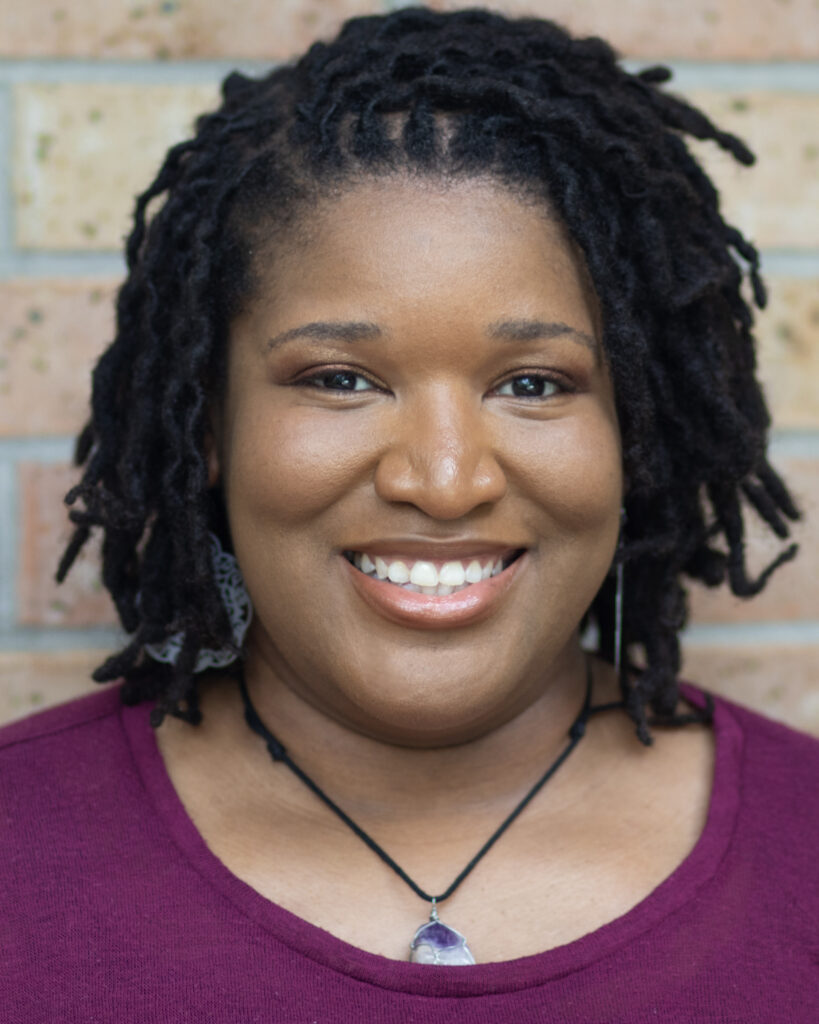Quick Highlights:
High school readiness tips – confidence, habits, and independence
Academic pacing in 9th grade – what changes from middle school
Study habits and routines – daily structure that works
Parent strategies – support without hovering
Long-term benefits – stronger GPA, leadership, and college prep
Introduction
Middle school and high school may only be separated by one summer—but the shift in expectations is big. High school readiness isn’t just about grades—it’s about confidence, habits, and independence. In this post, we’ll share practical high school readiness tips so families can support the transition into 9th grade with less stress and more success.
4 Signs of High School Readiness
They take initiative with homework and deadlines
They manage their schedule with minimal reminders
They express awareness about the challenges ahead
They’ve built basic study routines and organization habits
If you see these signs, your student is on track. But if not—no worries. You’re right on time to support them.
What High School Readiness Really Looks Like
The leap to high school involves more than just a new schedule. Here’s what typically changes—and where students may struggle:
Faster Academic Pacing
There’s less review, more responsibility, and higher expectations. Students who aren’t used to staying organized or studying consistently may fall behind quickly.
Greater Independence
High school teachers expect students to manage their own assignments, ask questions, and take initiative—often without reminders.
Long-Term Impact
Freshman and sophomore years lay the foundation for GPA, transcripts, and early college planning. Without high school readiness, students often start behind.
How Parents Can Help Build High School Readiness
Create Academic Routines at Home
Start with simple, consistent study time—even just 20–30 minutes a day. Practice time blocking or using a weekly planner.
Strengthen Self-Advocacy
Help them practice sending a respectful email to a teacher or asking questions during tutoring. These “small” things build independence and confidence.
Avoid Waiting for Struggles to Start
Many students don’t realize they’re falling behind until it’s too late. A little structure now can help prevent a big academic dip later.
Long-Term Benefits of High School Readiness
Students who develop strong habits early are more likely to:
Stay academically engaged
Take on leadership roles or advanced courses
Manage testing, projects, and deadlines with less stress
Approach college and scholarship applications with confidence
FAQ: High School Readiness
When should I start preparing my child for high school?
Ideally during the summer before 9th grade—but even during the first semester, it’s never too late.
My student has always made good grades. Do they still need help?
Yes. High school success also depends on time management, independence, and emotional maturity.
What’s the biggest difference between middle and high school?
Independence. Teachers expect students to meet deadlines, self-advocate, and manage assignments without reminders.
Recap
High school readiness isn’t about being perfect on day one—it’s about having the tools to adapt, stay organized, and build confidence. With the right support, students can start strong and keep building momentum through high school. At Engaged Minds Academy, our online tutoring gives students personalized guidance to make the transition smoother.
TL;DR: High School Readiness Tips
Look for signs – initiative, organization, self-awareness
Expect changes – faster pacing and greater independence
Build routines – daily practice + structure at home
Support self-advocacy – encourage questions and independence
Prepare early – confidence now pays off in GPA and college prep

About The Author
Dominique Benson is an educator, curriculum designer, and the founder of Engaged Minds Academy—an online tutoring company serving students nationwide. She’s spent over a decade helping students master subjects like algebra, biology, writing, and SAT prep, with a focus on real-world skills and personalized support. Dominique writes all blog content for EMA to help families make confident, informed decisions about their child’s academic success.
📌 Learn more about Dominique here.
📧 Questions? Reach out at hello@engagedmindsacademy.com
📱 Follow EMA on Instagram: @engagedmindsacademy




